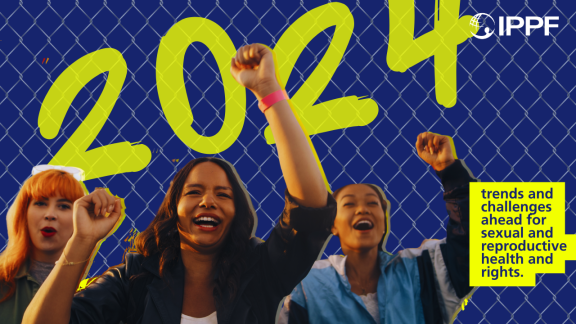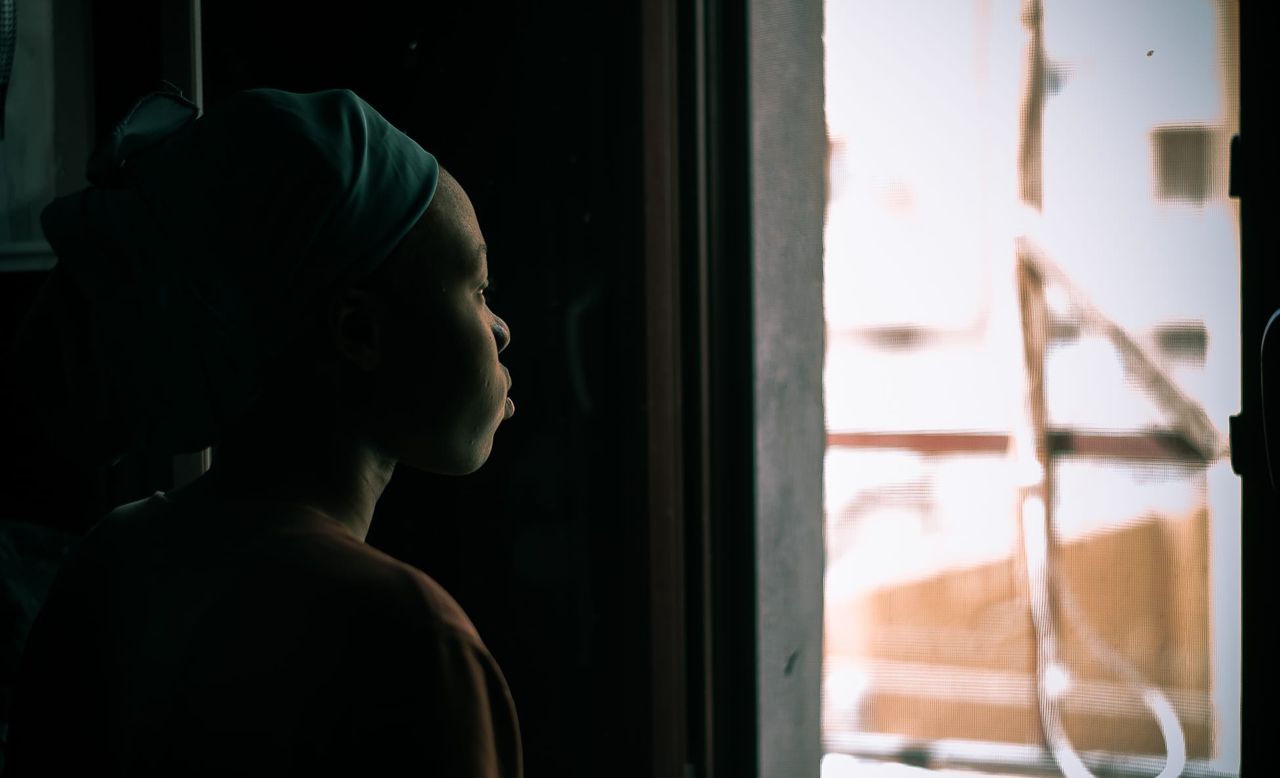An all-time record of number of elections in 2024
2024 will be an exceptional and historic year - never before have so many elections aligned in a mere 12 months, including 75 national elections - presidential, parliamentary or both - in 57 countries. Over 2.5 billion voters will participate. Historic? Yes, it is. Dangerous? Perhaps - holding so many elections over such a short period of time carries the risk of mass political change across the world. It could shift the political balance. According to the World Economic Forum's Chief Risk Officers Outlook 2023, geopolitical volatility is the biggest risk this year.
The European elections in June will be the largest transnational election in the world: 400 million voters from 27 member states will elect 720 members of the European Parliament (EP). In the light of recent national elections in Europe - particularly in the Netherlands, Italy, Finland and Sweden - projections point to a rise of Eurosceptic and far-right parties in the EP. The European Parliamentary Forum has shown how these conservative movements lead to anti-democratic ideology. In fact, once elected, they often target women's rights and sexual and reproductive rights as the first of broader attacks on freedom and democracy. 2024 European elections will therefore be crucial for the defense and protection of the rights of women and LGBTQI+ people as well as democracy in Europe and worldwide.
Conservative candidates are already in the spotlight for the upcoming national elections. In the United States, former President Donald Trump will once again face off against President Joe Biden in the presidential election. India's Prime Minister Narendra Modi, described by scholars(1) as populist, nationalist and authoritarian, is running to succeed himself.
But there are exceptions, for instance Mexico, which will have a pro-choice female president in 2024. Both candidates - the left-wing Claudia Sheinbaum Pardo, former mayor of Mexico City, and former senator Xóchitl Gálvez - are socially progressive and support abortion rights.
Some elections still retain a certain mystery. On 25 February, Senegal will elect a new president. But the list of candidates has not yet been published by the Constitutional Council, which has until 20 January to examine the applications received. As of 26 December, 79 candidacies had been submitted, including former minister Karim Wade and former prime minister Aminata Touré.
“The world faces perhaps its most tumultuous year in a generation from a geopolitical standpoint,” said Bloomberg Economics chief geo-economics analyst Jennifer Welch.
Anxiety will be high in 2024 - so at IPPF we’ll take inspiration from our successes, knowing that when put to the vote, people around the world are demanding respect for their bodily autonomy, access to sexual and reproductive health services that respect their rights and dignity, and reproductive justice for themselves and their communities.
(1) Widmalm Sten (ed.), Routledge Handbook of Autocratization in South Asia, 2022, Routledge.
Photo credits: Edmond Dantès/Shutterstock













